Marsha stopped smoking using DBT skills. Kerry uses them to help her remain true to herself. And lately, I’ve been using DBT to relieve stress and lighten my mood. I can’t get enough of them. When you practice your DBT skills, they really do work.
I’m talking about Dialectical Behavior Therapy (DBT) skills. It’s a mouthful for sure, but you can think of DBT skills as coping skills. DBT consists of tools, thoughts, activities and behaviors that can pull us out of our current thinking and into a better place. Here’s an example: I love scent. Scented soap, the smell of fresh coffee, rosemary and freshly cut pine. Okay so, this might seem weird, but I keep a bar of all-natural scented soap by my computer. It smells of tea-tree and sandalwood. It’s fresh and light, and my brother made it. I adore my brother. Every now and then, I close my eyes and take a whiff of this amazing soap. Everything about it makes me happy. If I do this often enough, simply thinking about this soap can make me feel better. See? Simple, and anyone can do it.
Here’s another example: The Marsha I refer to above? That’s Marsha Linehan. She’s the psychologist, professor and former smoker who created DBT. When she smoked, she took stock of her thoughts and behaviors. She recognized that she’d say to herself, “I HAVE to have a cigarette.” Then she’d reach into her purse and grab one. Instead, one day, she tried this: She loaded her purse with a bunch of dimes, and when she craved a cigarette, she told herself, “I just HAVE to have a dime.” Then she’d reach into her purse and pull out a dime. She’d add the dime to a jar, relishing the fact that the money in the jar was growing. It wasn’t easy. It certainly took practice, and it took some planning. She had to figure out what might work best for her. But eventually, her brain neurons began firing differently, and over time she lost the cigarette craving.
You’ll hear the Miller-Dwan Foundation talk a lot about DBT this year. We are, as one person said, “DBT evangelists.” We are that way because we’ve seen and experienced the benefits. For those of you who follow us, you know that at our Amberwing mental health facility, DBT skills are integrated into all we do. The skills don’t replace psychotherapy. They don’t replace trauma work. They complement it. They aren’t the end all and be all that the evangelist tag might suggest, but they can help anyone no matter who they are or how much they’re struggling. And they’re easy to learn
Kerry Jo from the Miller-Dwan Foundation likes to use the DBT F.A.S.T. skill. F.A.S.T. stands for Fair, Apologies, Stick to Values, Truthful. She says, “Being fair to yourself and others is the bottom line. I noticed that I was apologizing for things that weren’t my fault. Don’t get me wrong, I apologize when it is necessary, but understanding the difference has helped my communication skills grow.” Kerry says that since learning DBT skills, she notices how often she hears others apologizing for things they didn’t do. She’s also come to more fully understand that not compromising her values to be liked or to get what she wants holds true now more than ever. “The skills are so practical,” says Kerry Jo.
The examples go on and on. If you choose to learn DBT, which you can do at Amberwing, contact Lori at (218) 355-2100. We’ve taught DBT in schools, at churches and on YouTube. With sufficient funding, you’ll see more classes beginning later in the year. You can also support Miller-Dwan Foundation’s community-wide DBT efforts by making a gift to the Miller-Dwan Foundation at mdfoundation.org. Click on mental health and make a note of your DBT support. Together we’ll create a common language around mental health, and together we’ll all feel just a little bit better.


